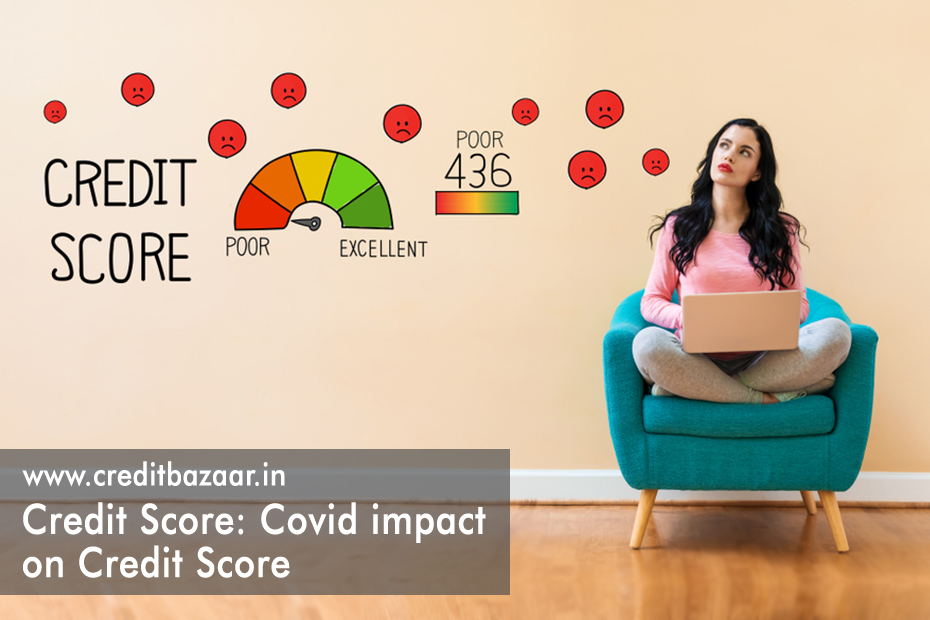What is a Credit score?
Remember when teachers in school told you before a board exam that this is the score that will matter for the rest of your life? And we were naive enough to feel good about not being judged on scores after a few years of study. Well, that is not the case! Mere academic scores are not as crucial for the real world, especially the financial world. You may have thought; there won’t be a score that will stop or help my growth now that I have aced my academics. And now that you are all grown up, it seems like a lie.
There’s always a scorecard to judge us. Whether it is our IQ, our office performance, or even our ability to manage finances in life is now a report card, you need to take care of. One of the essential scorecards as an adult then becomes your Credit Report or what people in general call – Credit Score.
Let’s begin with what is a Credit Score? It is a score assigned to you by credit information companies such as CIBIL, Equifax, and more. This credit score keeps track of your credit transactions, and when you apply for a credit facility, the score is made available to your prospective lenders. It is considered one of the benchmarks to fulfill before you can avail of a loan or credit card.
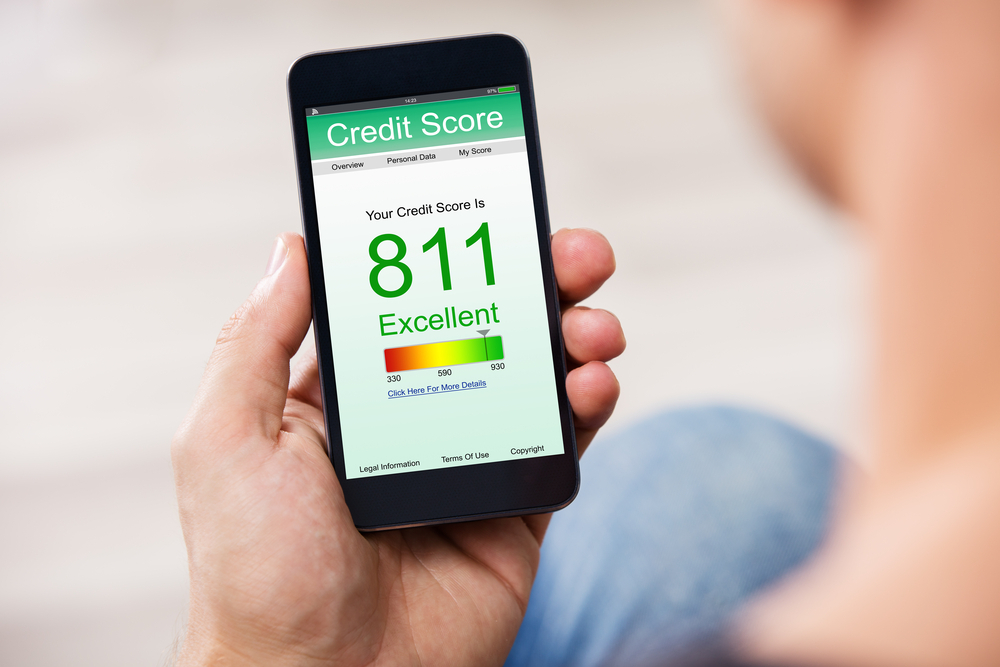
The credit score tells your lender if you have been a good borrower or a bad one! Higher your score, the better a borrower you are. This implies that you most likely pay your bills and installments on schedule. Subsequently, banks that loan to you face a lower hazard that you will default. What’s more, the other way around – the lower your score, the higher the danger you will default.
All in all, the ratings fluctuate from 0 to 850 (low to high, or awful to excellent). If you migrate to a new country, you will be at the base since you have no financial record.
Inside this reach, in any case, there are four levels you can accomplish:
Bad (300-629)
Fair (630-689)
Good (690-719)
Excellent (720-850)
Here’s what your credit report includes:
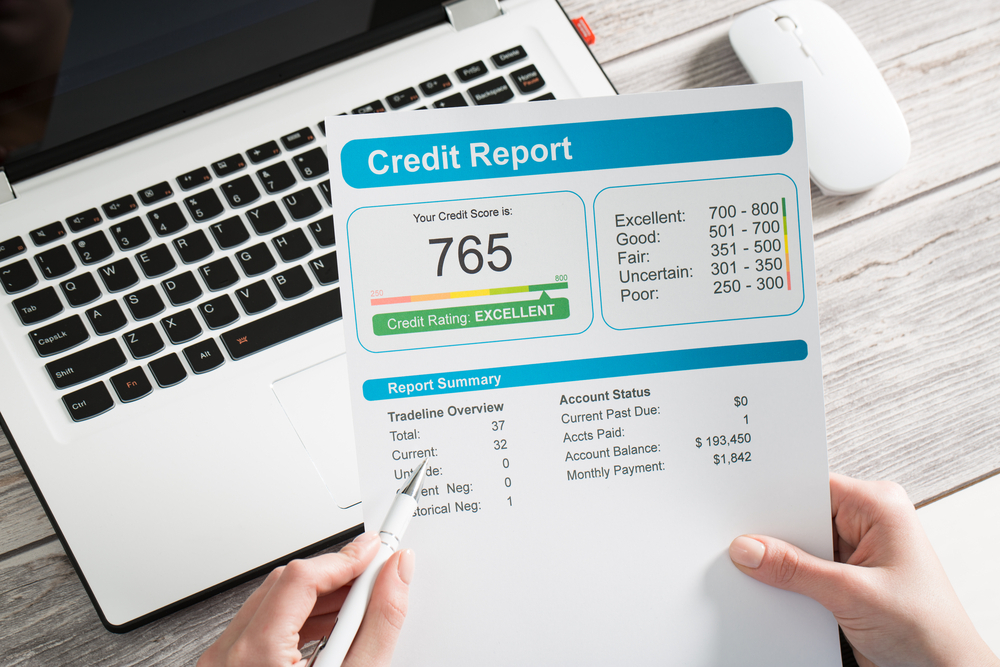
Many of you must be wondering what’s there in the credit report that makes a bank decide whether you are worthy of a loan or not; well, take it as your financial report card. A credit report is a nitty-gritty account of an individual’s record of loan repayment. The credit report will incorporate your credit accounts’ subtleties, similar to credit cards, loans, and some other types of credit benefited from an enrolled lender. The credit report will likewise incorporate specifics like installment history, credit breaking point, bank balance, credit opening date, and current loans’ status. The report will likewise incorporate new credit requests and public records for cases in which an individual has declared financial insolvency or an expense lien. A credit report can seem like a significant scarring record to peruse, yet recorded beneath is an astute segment breakdown of how an individual should understand his/her credit report:
Individual Information: This segment of the credit report will contain data relating to the person’s identity, for example, the individual’s name, address, accounts, birth date, and so forth. An individual should check the subtleties under this segment if there is an erroneous location in the report or the individual’s name has been incorrectly spelled, he/she should report this to the Credit Rating Agency as this could be an indication of wrong information being reflected in the report or a credit fraud might happen in your name.
Bank Information: This part of the credit report will convey data relating to the individual’s present and past bank accounts. The individual should check the subtleties of this segment cautiously as this is a serious itemized area. The accompanying specifics ought to be reviewed:
Date of opening
Bank/Lender Name
Bank Balance
Credit Limit
EMI history
Account type
Account ownership type
Payment status
Public Reports: This part of the Credit Report will rundown any insolvencies documented by the individual, tax liens profited by the individual, or accounts. The dates given in this part ought to be checked as they will straightforwardly influence how long they will show up on a person’s credit report and influence the individual’s credit report.
Requests: This segment conveys information relating to organizations’ requests concerning a person’s credit report. On the off chance that an individual applies for various credit extensions, this could influence his/her score contrarily. By and large, requests don’t influence an individual’s score, as they are soft inquiries by banks for particular purposes.
Why is a credit score important?
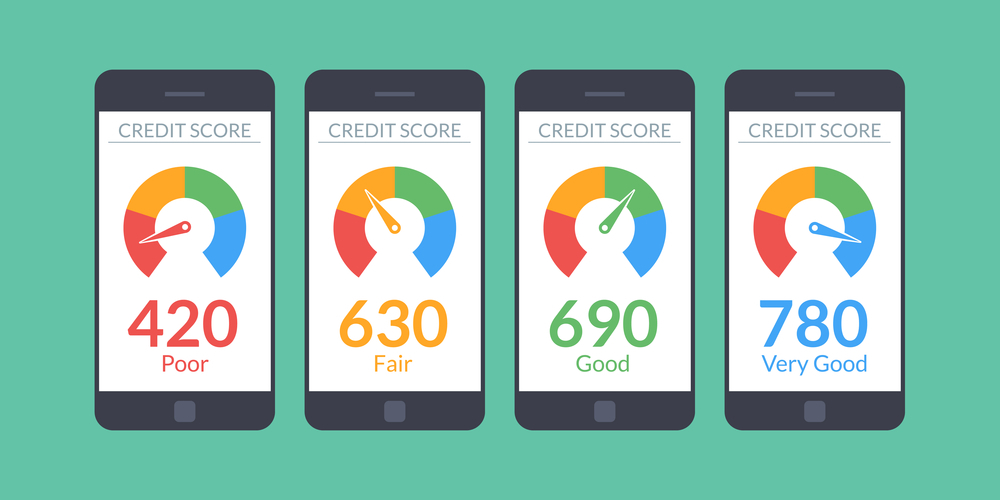
Building up a decent credit score CIBIL is certainly not a monumental task. However, it’s crucial for your general monetary picture. At the point when you have a decent or great credit score, you’ll have a much easier time when you wish to grow, buy an apartment or get a new vehicle, and you will get better interest rates and the option of lending from various institutions.
A decent credit rating can be beneficial when confronting an unforeseen monetary emergency, similar to a layoff. At the point when banks consider you to be a reliable borrower, you’re bound to get significant proposals for 0% financing in case you’re ever in the situation.
An awful or low credit score can immensely affect your general monetary life, impacting the sort of loans you’ll be endorsed for.
On the credit score information model, a terrible score is in the scope of 300 to 579, and a reasonable score is in the range of 580 to 669.
A terrible rating can decrease your endorsement chances for cards and credits, making it hard to achieve numerous objectives. If you need to escape obligation with an equilibrium move card, you’ll need great or brilliant credit. Furthermore, on the off chance that you need to procure remunerations or get extravagant travel advantages, it’ll be close to difficult to track down a card that has low credit scores. In such cases, people also choose a credit score improvement plan and work on it over the years.
How is credit score affected during covid due to Moratorium?

The pandemic hit in March 2020. You might be among the individuals who lost their employment or saw their compensation cut. Yet, credit card and loan payments had to be paid. Thus the Reserve Bank of India stepped in to help borrowers. It introduced a three-month repayment moratorium, which was subsequently extended to a half year. During this time, the money controller ensured that you would be shielded from all consequences of postponed payments.
While the controller’s guidelines on the treatment of Moratorium were clear, banks and credit agencies neglected to get their correspondence right, in many cases. Credit agencies blame this on delays in getting precise data from banks, while loan specialists are giving excuses for pandemic-prompted interruptions. The bottom line is that credit facilities are not supposed to mark people who opted for a moratorium on their loan when they submit reports of their credit data to companies.
But nothing comes for free in banking. Borrowers not only have to pay the interest for benefiting the Moratorium once EMIs continue; they additionally fear getting labeled as risky borrowers while applying for new advances. Profiting from a moratorium should not influence the credit score of a borrower. Yet, the data of people who availed of a moratorium is sufficient for banks to turn down such clients in the future.
The banks say that a client who has taken advantage of a half-year moratorium shows some income issue or is unsure about future incomes. The credit ban increases the risk of a client
The banks use the credit information of CIBIL, Experian, and CRIF Highmark before offering any loan. In any case, since the Moratorium doesn’t influence credit rating, banks will be looking all the more explicitly for the payment records. The half-year moratorium will unmistakably expand the obligation of borrowers. Given the hopeless economy as of now, the reliability of such borrowers is bound to be questioned in the future. Such clients may move toward banks for unstable loans.
Sadly, loaning in the current climate is hazardous for banks. Thus, they are sure to investigate moratorium information prior to approving any short or long-term loans. The credit departments can undoubtedly get the information of clients who have taken the moratorium gap. Banks are in contact with credit authorities for breaking down their current client information to all the more likely oversee future defaults given the uncertain scenario.
How to track and improve credit score during covid?
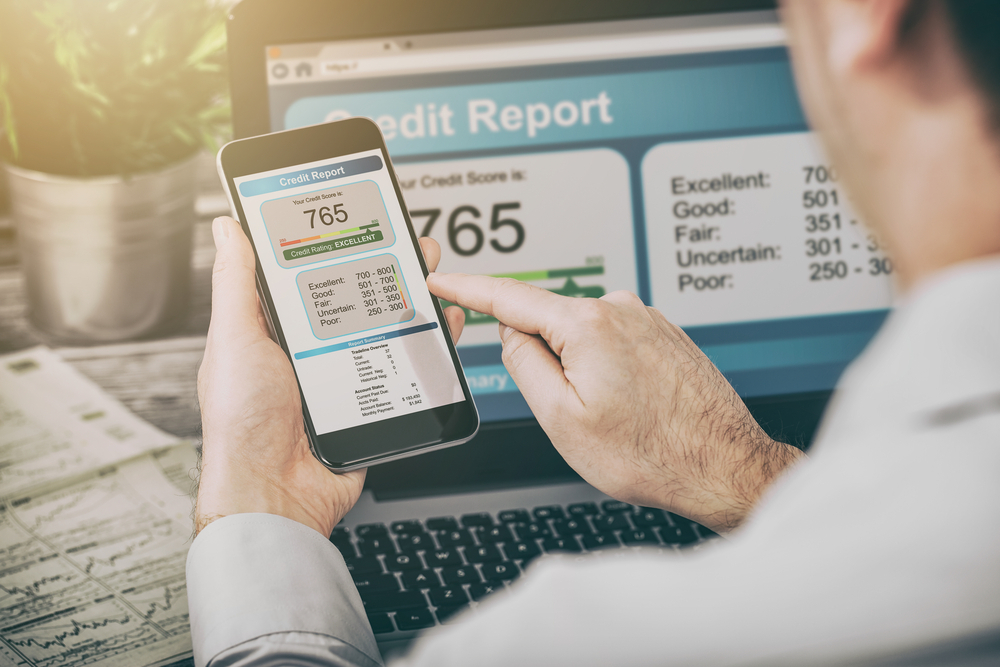
Check your credit score as frequently as possible: If you hope to keep a decent credit rating, it is essential to know about it regularly. There could be different components that can influence your financial assessment. Except if you check your score, often you can’t say whether it has improved or gone down. When you are hoping for credit score improvement, it is even more critical to check your score to know whether your activities are helping you or not.
Cover your EMIs and Bills on schedule: Paying your EMIs on time is the absolute most significant factor that can assist you with keeping an incredible credit score. When you take a loan, the installment of EMIs is a commitment on your part. Also, when you utilize a credit card, paying your dues on time is your duty.
Your monetary circumstance may have turned awful because of the pandemic. Thus, on the off chance that you can’t pay your EMIs or dues, it very well might be acceptable to utilize the Moratorium permitted by the Reserve Bank of India. Something to be thankful for about benefiting from a moratorium is that there is no impact on your credit score directly. In any case, you ought to know that profiting from the Moratorium will increase the interest on your loan.
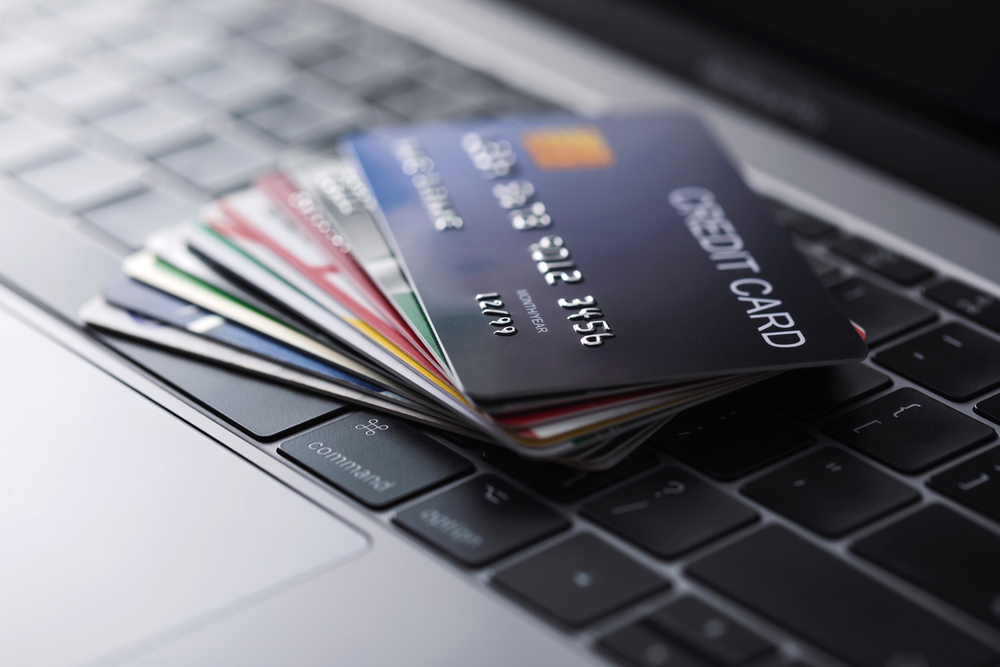
Credit Mix: To construct a sound history, only go for secured lenders. Keep away from loans such as personal loans however much you can. Moneylenders will see a borrower not reliable in the event that he has more unstable credits.
If you have defaulted on reimbursements and keep on confronting monetary pressure, the interaction could require significant investment. In any case, when you get back to standard reimbursements, you would see your score will begin improving each quarter.
Try not to take new loans: You may have discovered that the more the number of credit accounts, the lesser your credit score. An expanded number of records with various institutions can hurt your current rating by making credit inquiries against your PAN. There may have been monetary necessities during the pandemic, yet try not to apply for new credits, particularly on the off chance that you have a current loan pending. Assess the explanation behind applying entirely before filling in an application.
Credit Utilisation: Check credit usage in the credit rundown of your Cibil report. Preferably, your credit use ought to associate with 30-35%. Attempt to bring it down to at any rate underneath half.
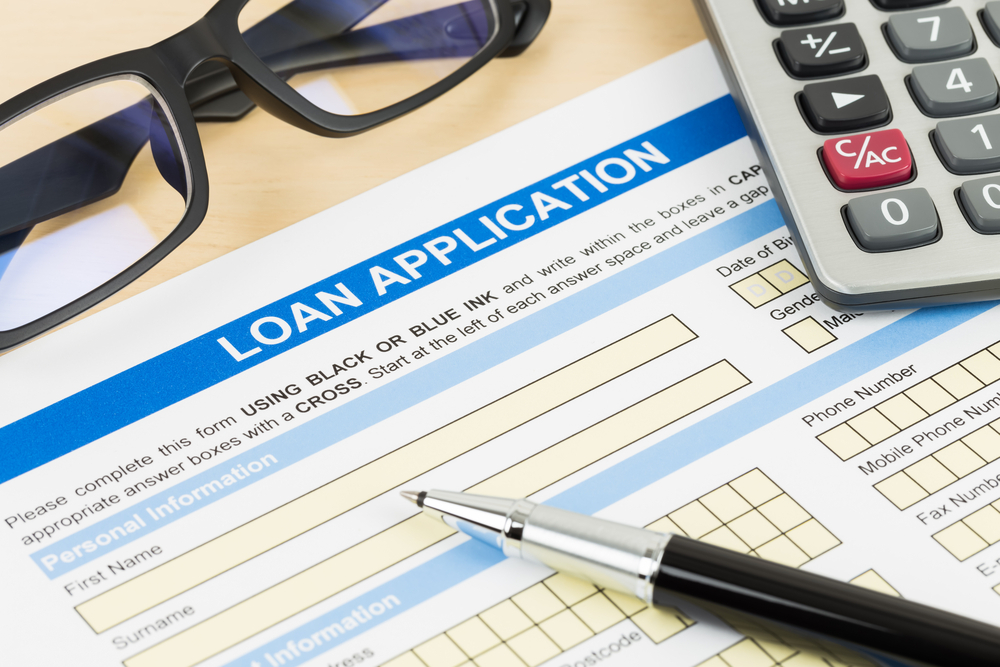
Numerous Applications: Every time you apply for an advance, the loan specialist checks your credit report. It leaves something that is known as a credit application search impression on your score. Each time this occurs, your credit score takes a little plunge. Space out your acknowledged applications, as this could show that you are under monetary pressure.
Check for mistakes: The credit authorities create your credit report out of the information shared by your banks. So there might be blunders on your credit report, which may pull down your credit performance. Mix-ups might be as blunders on your data like your name, PAN, and so on, or it could be identified with the credit accounts you hold. These blunders could likewise sneak in because of fraud activities.
How can credit bazaar help you with your credit score during covid?
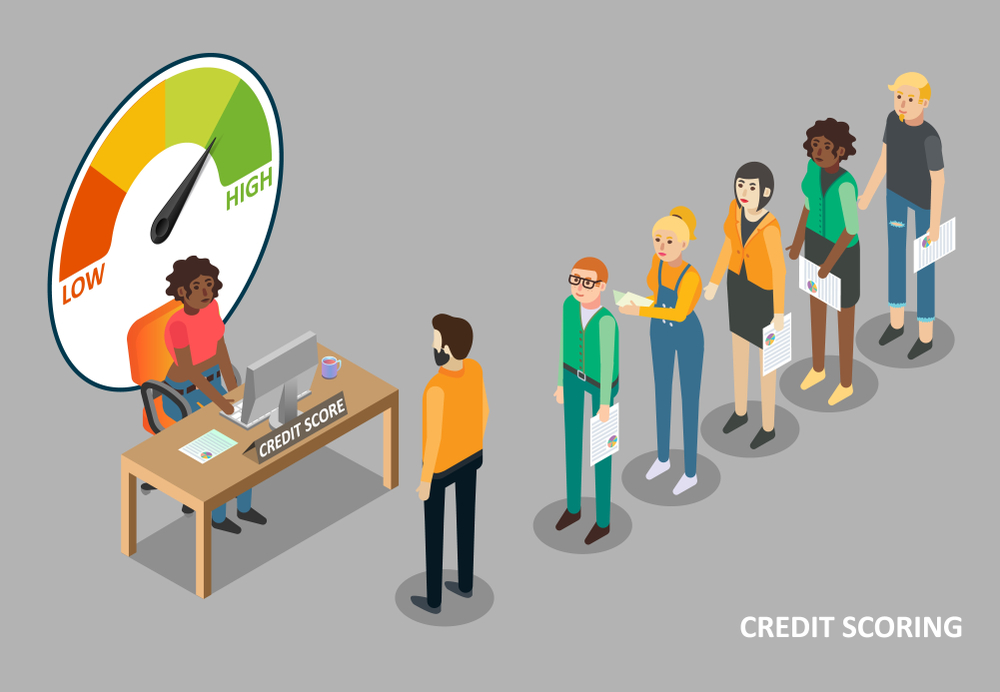
If life is tough and you cannot keep up with maintaining and checking your credit score, take help from a credit bazaar. Once you sign up, the credit bazaar sends you a monthly credit report and CIBIL scores in your inbox. They also mark the red flags and you can speak to their experts when confusion arises.
Not just that, Credit Bazaar is in association with multiple credit lenders across the county and when the time comes and you need a loan, you can easily avail of one from their portal.
